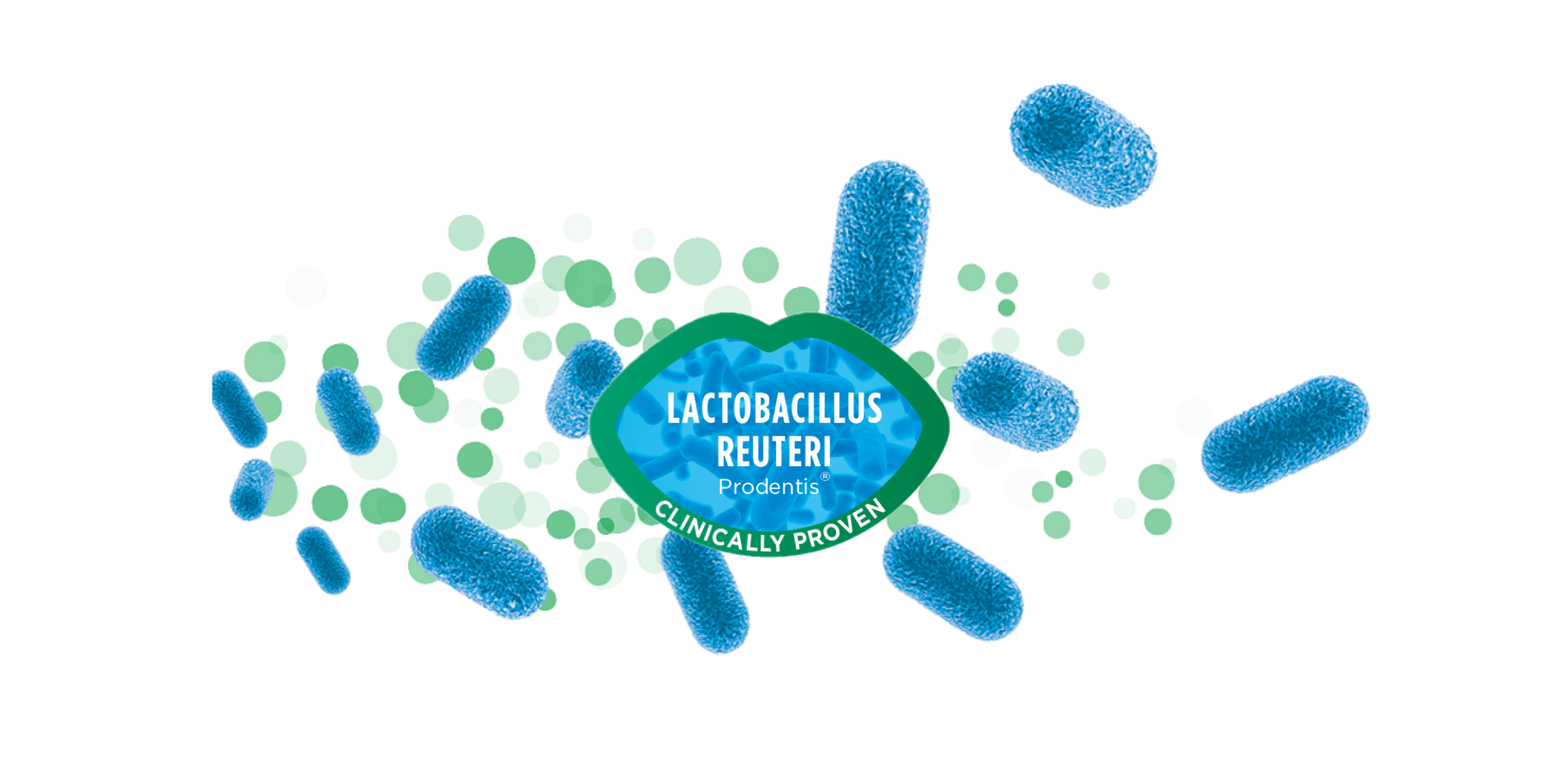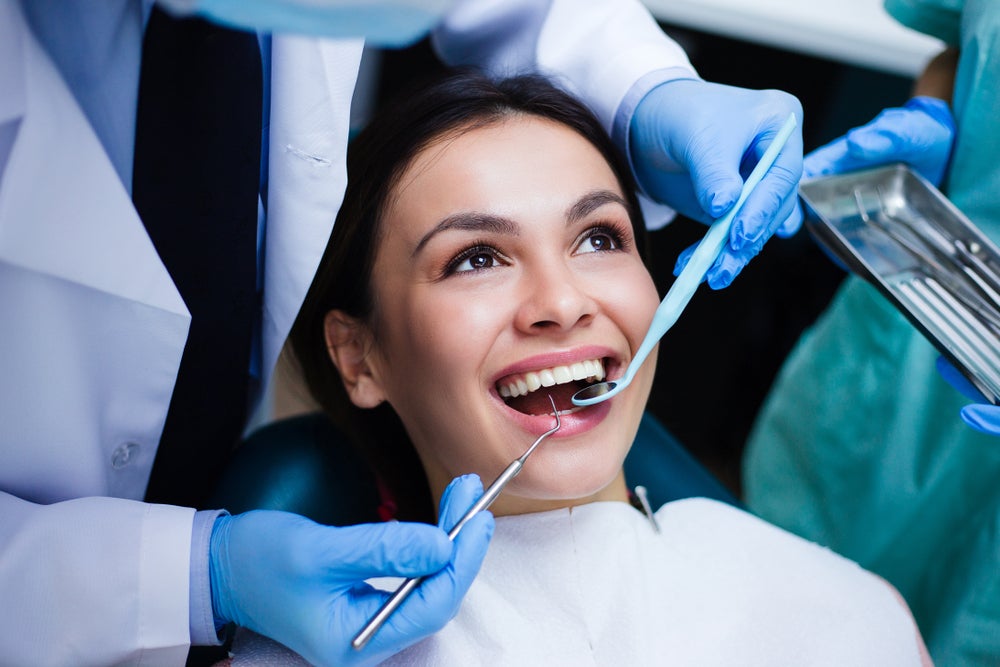
Probiotics Reduce Candida Albicans in Elderly Patients
Oral health and general health are intimately related.
Maintaining oral health in old age can pose specific challenges and often requires specialised care.
One of the oral health risks older patients face is an increased prevalence of invasive fungal infections (oral candida diseases), brought on by several medical and behavioural factors.

Risk Factors For Developing Oral Candida Diseases
The following factors place older populations are greater risk of developing oral candidiasis:
Decreased immune function
As individuals age, their immune system typically undergoes changes that lead to decreased immune function. This condition, known as immunosenescence, makes it harder for the body to fight off infections, including fungal infections like candidiasis.
Reduced salivary flow
Many older adults experience a decrease in salivary flow, a condition known as xerostomia. Saliva plays a crucial role in maintaining oral health by controlling bacteria and fungi in the mouth. When salivary flow is reduced, the mouth becomes a more hospitable environment for Candida species to grow.
Higher incidence of chronic conditions
Chronic conditions such as diabetes, autoimmune disorders, and cancer are more common in older adults. These conditions, along with their treatments, can weaken the immune system and alter the oral environment, increasing susceptibility to oral candida infections.
Polypharmacy
Older adults are more likely to be on multiple medications. Many common medications lead to dry mouth as a side effect. A dry mouth is more prone to infections, including candidiasis, due to a lack of adequate saliva to wash away microbes and maintain a balanced oral microbiota.
Dentures
Denture wearers, particularly those who do not maintain proper denture hygiene or who wear their dentures continuously, including at night, are at increased risk for developing denture-related stomatitis, which is frequently associated with Candida species.
Nutritional deficiencies
Elderly individuals may experience nutritional deficiencies due to a variety of factors, including reduced food intake, poor diet, and absorption issues. Deficiencies in key vitamins and nutrients can impair oral and overall health, making the mouth more susceptible to infections like oral candidiasis.
Oral Hygiene Challenges
Limited motor skills, cognitive decline, or other disabilities can make effective oral hygiene difficult for some older adults. Inadequate oral hygiene can lead to an accumulation of dental plaque and an increased risk of oral infections, including candidiasis.
Probiotics can help reduce oral fungal infections
In a study by Kraft-Bodi et al, the impact of probiotic bacteria on oral candida in the frail elderly was examined. This research included 215 senior citizens residing in various care facilities across Sweden. Participants in the test group were given a lozenge containing Lactobacillus reuteri twice a day for twelve weeks, while those in the control group were given a placebo.
The main focus of the study was on the prevalence of high Candida counts, which were measured through chairside tests. Results demonstrated a statistically significant reduction in the prevalence of high Candida counts in the group receiving the probiotics, in contrast to the placebo group. This significant difference was observed in both saliva and plaque samples (P < 0.05).
Based on these findings, the researchers suggested that the daily intake of probiotic lozenges could potentially lower the prevalence of high oral Candida counts among the elderly.




